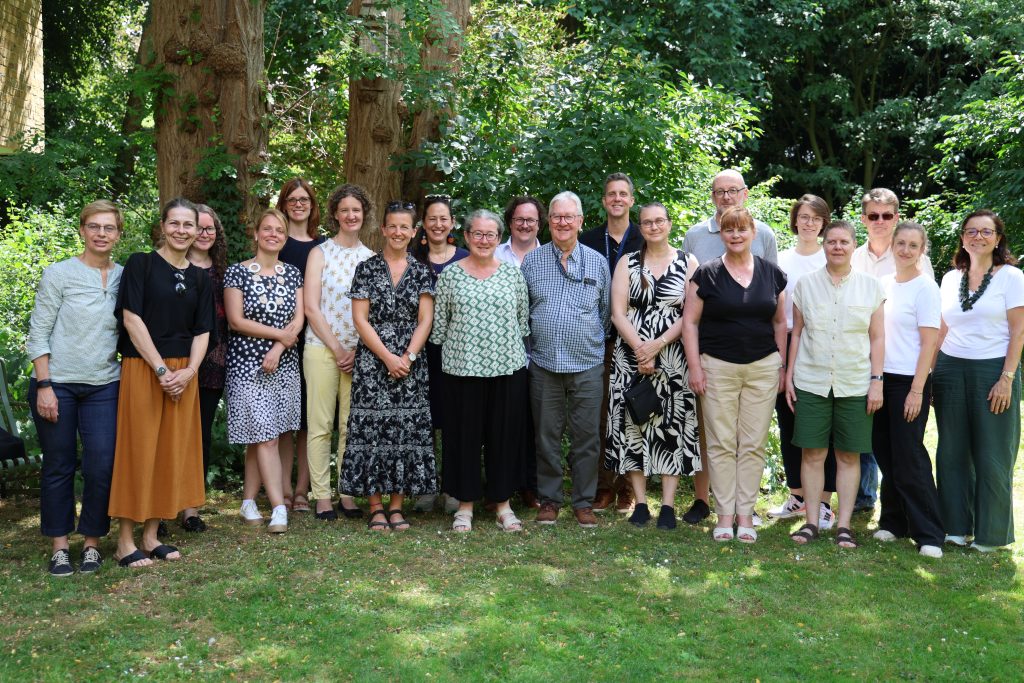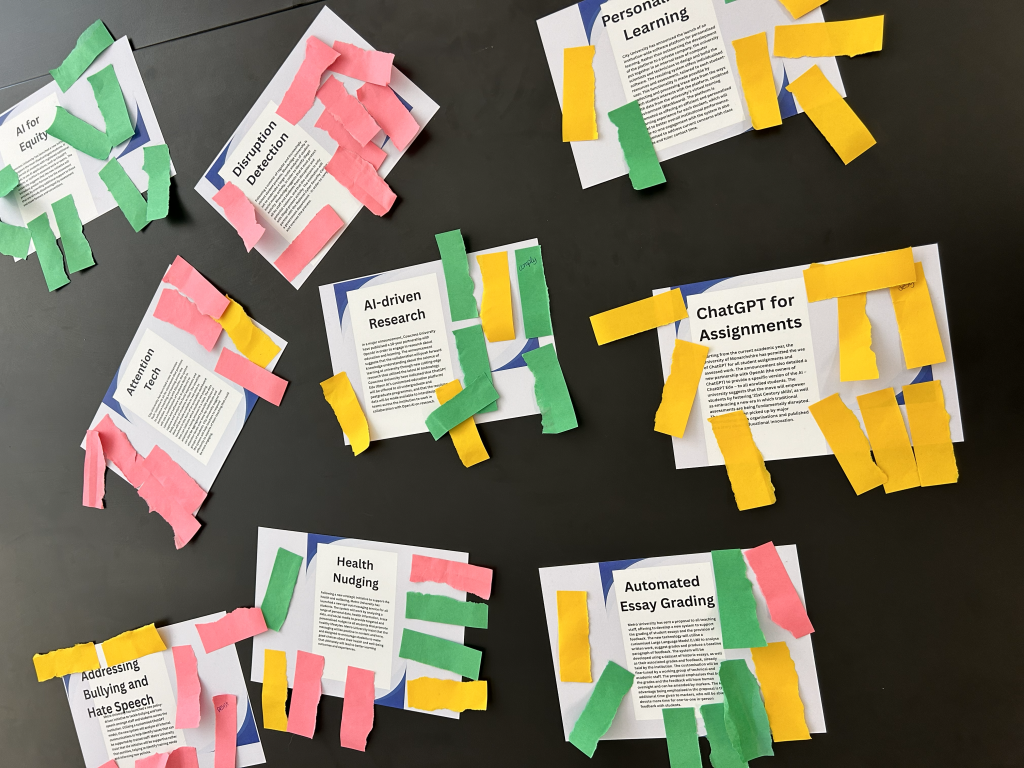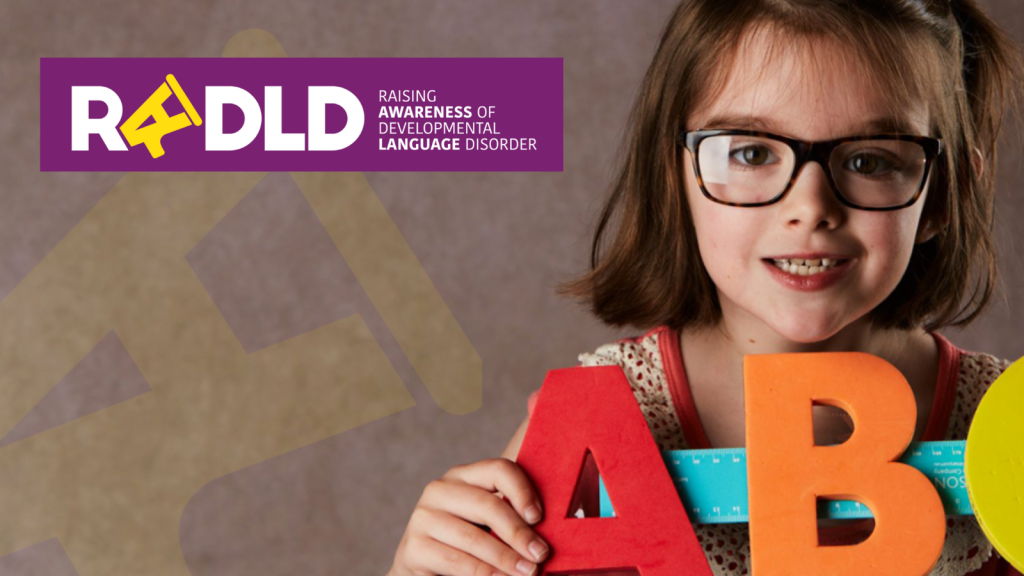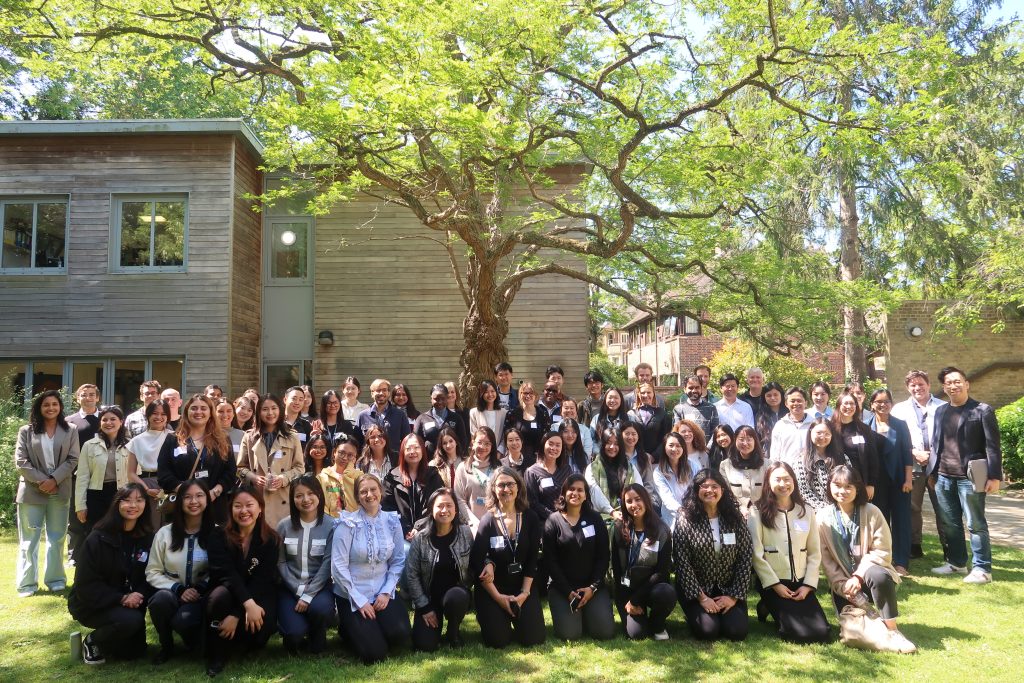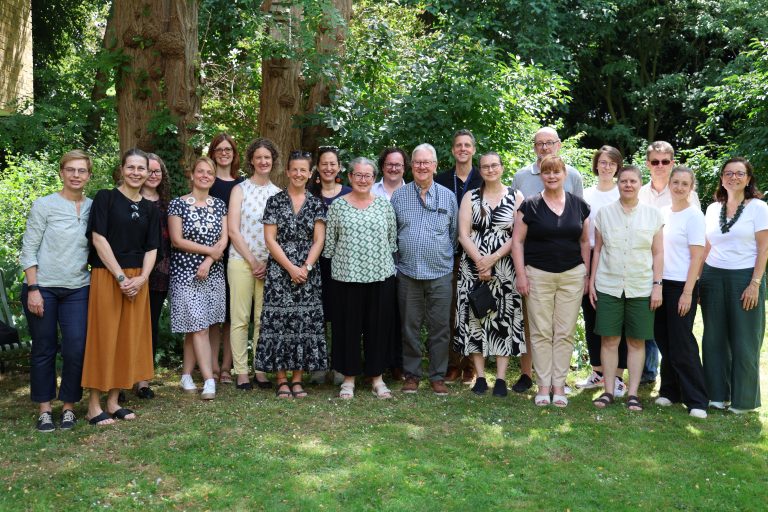
International FIT-Choice Network Meeting
Written by: Rebecca Snell
Last week, the Department of Education had the privilege of hosting the invited international FIT-Choice (Factors Influencing Teaching Choice) Network Meeting led by Visiting Fellow Professor Helen Watt (University of Sydney) and Emeritus Professor Paul Richardson (Monash University). Their visit provided a unique opportunity to convene a group of global researchers with a shared engagement in Watt and Richardson’s FIT-Choice framework, using theoretically grounded, psychometrically validated tools developed to assess motivations for choosing (or not choosing) to enter the teaching profession.
The conference brought together researchers who have worked with the FIT-Choice measures across a wide range of cultural and educational contexts. Participants joined from over 15 countries in person including: Australia, Austria, Belgium, Croatia, Denmark, Finland, Germany, Serbia, Spain, the UK and the USA; with an additional 10 researchers participating virtually from countries such as Chile, Canada, Turkey, Hong Kong, France and Mexico.
“The 2025 Network Meeting gathered an extraordinarily diverse and talented group of researchers from different contexts to collectively set the agenda for priorities and next steps in the burgeoning field of teacher motivation research, collectively seeded more than 20 years ago to improve understanding of teachers’ motivations and career choice.” (Helen Watt & Paul Richardson)
Advancing a Global Research Agenda
The core focus of the Network Meeting was to synthesise existing research, share updates from national contexts, and collaboratively identify emerging priorities in the field of teacher motivation. Particular emphasis was placed on refining understanding of why individuals choose to enter the profession, why they remain (or leave), and how these motivations vary across sociopolitical and cultural environments.
Participants presented on their current research projects before engaging in a series of structured discussions including sessions on societal and policy drivers of teacher supply and retention, teacher and school-level research questions, and contextual influences on the formation of adaptive and maladaptive motivations. These dialogues revealed both shared challenges, and distinct contextual nuances. For example, researchers gained valuable comparative insights into the intersection of politics and education in systems such as those of Spain, Germany and Serbia.
The variety of applications of the FIT-Choice scale across national contexts added particular richness to these exchanges, offering a basis for cross-cultural comparisons.
Building Sustainable Collaboration
A key strength of the event was its emphasis on forward planning and collaboration. Time was dedicated to exploring collective research outputs, including the potential for joint publications, instrument sharing for comparative data collection across contexts, and future network meetings. Specific areas of interest included understanding the antecedents of not entering into teaching, refining instruments to explore contextual effects, and identifying funding streams to support international collaboration.
As host institution, the Department supported facilitating these global connections. Faculty members Rebecca Snell, Professor Lars Malmberg, Associate Professor Ariel Lindorff, and Associate Professor Karen Skilling represented the Department as participants and contributors.
“This gathering moved beyond the exchange of findings. It created a foundation for sustainable collaboration aimed at improving pupil outcomes by understanding and supporting the people at the heart of education: teachers. It felt hugely exciting with so much potential for further positive cross-national collaboration and comparison.” (Rebecca Snell)
Looking Forward
This Network Meeting served as a key milestone in the ongoing maturation of the FIT-Choice research community. Rather than isolated academic activity, the continuing work of the Network reflects a shared commitment to high-impact, policy-relevant scholarship. As one participant noted, the goal is not “drop-in-the-ocean” research, but coordinated inquiry that draws strength from overlapping interests and shared values across geographic borders and disciplinary boundaries.
The FIT-Choice Network continues to flourish with plans for a next meeting in Germany, 2026. The Department looks forward to continuing its involvement in this important and expanding global conversation.







